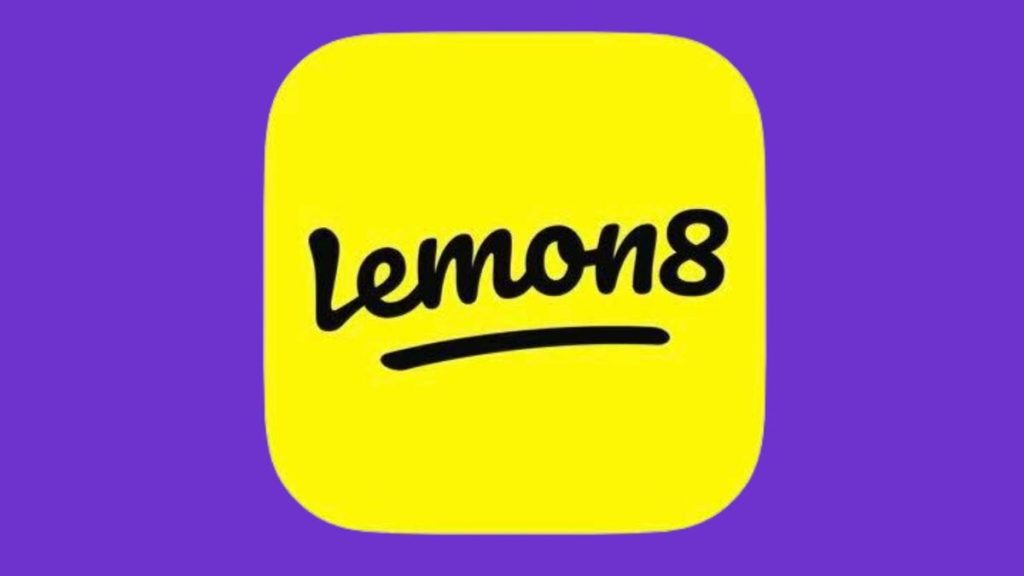Lemon8, a social media platform owned by ByteDance, the same parent company as TikTok, is rapidly gaining popularity amidst TikTok’s potential ban in the US. Currently topping the lifestyle app charts on Apple’s App Store and boasting over 10 million downloads on Google Play, Lemon8 presents itself as a “lifestyle community focused app” where users can share content on topics ranging from fashion and beauty to travel, food, and wellness. Its emergence as a potential alternative to established platforms like Instagram and Pinterest warrants a closer look at its features, user experience, and the controversies surrounding its origins and potential influence.
Departing from TikTok’s vertical scrolling format, Lemon8 adopts a Pinterest-style layout, showcasing content in a grid format. However, it retains the familiar Following and For You tabs, allowing users to navigate between content from followed creators and algorithmically recommended posts. Content is further categorized into six dedicated topic tabs: Fashion, Beauty, Food, Wellness, Travel, and Home, alongside an “All” tab for a broader view. Lemon8 supports both image carousels, similar to Instagram, and short-form videos reminiscent of TikTok. A distinguishing feature is the integration of text directly onto images, often used for labeling items, specifying brands, and even including prices, creating a shopping-friendly environment.
Lemon8 differentiates itself from other platforms primarily through its content focus and presentation. The platform is heavily saturated with influencer marketing and product recommendations, often blurring the lines between organic content and sponsored posts. This contrasts with platforms like TikTok, where sponsored content is typically explicitly labeled. Furthermore, unlike the prevalence of memes and humorous content on platforms like TikTok and Instagram, Lemon8 seems to cultivate a more curated and aspirational atmosphere, focusing on lifestyle guides, tutorials, and aesthetic inspiration. Captions on Lemon8 are also more extensive and informative, often resembling blog posts with detailed instructions, recipes, or outfit breakdowns. This is further enhanced by the availability of pre-designed caption templates, streamlining the content creation process and providing structure for users.
Initial user reception towards Lemon8 appears positive, with many comparing it to a more interactive version of Pinterest or a hybrid of Pinterest, Instagram, and TikTok. However, concerns have been raised regarding the authenticity of this positive feedback, with reports suggesting ByteDance may have incentivized creators to promote the app on TikTok, creating an artificially inflated perception of its popularity. These suspicions are fueled by anecdotal evidence from Lemon8 creators who have disclosed receiving payment from ByteDance for posting content. This raises questions about the transparency of the platform and the potential for manipulated trends.
Despite these concerns, Lemon8’s free availability encourages experimentation and exploration. Potential users should be aware of the platform’s emphasis on aspirational content, often resembling instructional guides and advertisements, rather than the casual and humorous content often found on other platforms. The platform’s ownership by ByteDance, the same company embroiled in controversy over TikTok’s data security practices, inevitably raises similar concerns about Lemon8.
ByteDance’s strategy behind Lemon8 seemingly aims to capitalize on the reported decline in Instagram engagement, positioning Lemon8 as a viable alternative. The app, though launched globally in 2020, is experiencing a surge in popularity, potentially indicating the success of this strategy. However, the company’s history with data handling practices raises questions about Lemon8’s privacy policies. While the policy appears standard in collecting personal and location information for personalized experiences, the clause allowing data storage on servers outside the user’s country of residence, unlike TikTok’s US-based data storage policy, warrants scrutiny. This ambiguity regarding data location and potential access by ByteDance employees, even with purported security measures, leaves room for concern, particularly given the ongoing debate surrounding TikTok’s data security. As Lemon8 continues to grow, transparency regarding data handling practices will be crucial to building user trust and ensuring long-term success.



